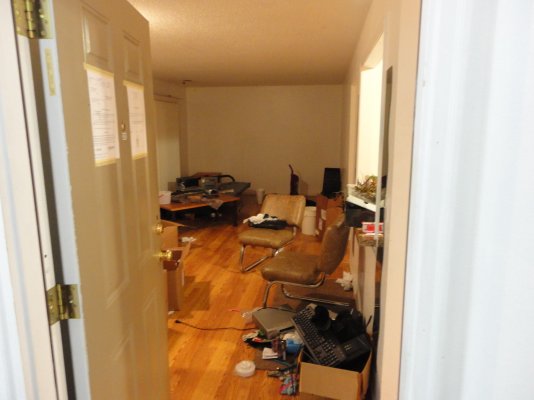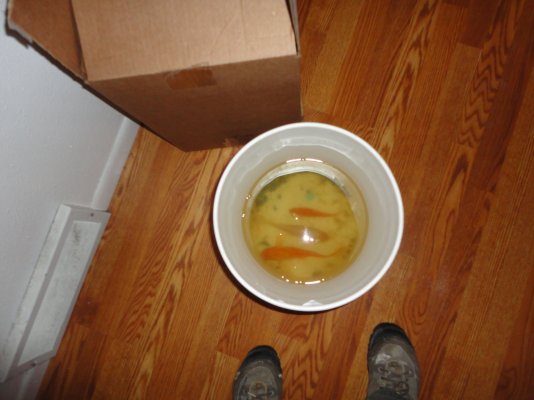Senator
Thinks s/he gets paid by the post
I think you are confusing 'cash flow' with 'net gain/loss'? You always need some liquidity to cover some bad stretches (vacancies, repairs, etc). With a higher cash flow, the amount of liquidity required is less. But with a mortgage (all else being equal), you have (much) more liquidity available.
Seems to me the net gain/loss is the end game, cash flow is a consideration towards that end.
Let's not forget that the funds invested will typically provide 2% cash flow (dividends). Wellesley is ~ 2.9%, and a very good chance of gains over the long term (therefore diversifying your investment). Compared to a low rate mortgage (what are current rates on rentals?), that doesn't seem like a huge difference, certainly not enough for your such definitive language:
-ERD50
Mortgage rates are 4%+ generally. It must be non-owner occupier, which adds ~.5%. An adjustable commercial loan might be less, but resets every 5 years.
A standard freddie/fannie loan for a 1-4 unit, non-owner occupied, 30 year fixed, you need ~25% down.
Whether or not to mortgage a small investment property is really a question on the amount of risk you want to take. If you have the capital required, and take a mortgage just to leverage, it's not too bad.
If you are taking a mortgage out for a $30K property because you do not have $30K, you probably need to evaluate whether or not you should be in the rental business. You do not have enough money.




